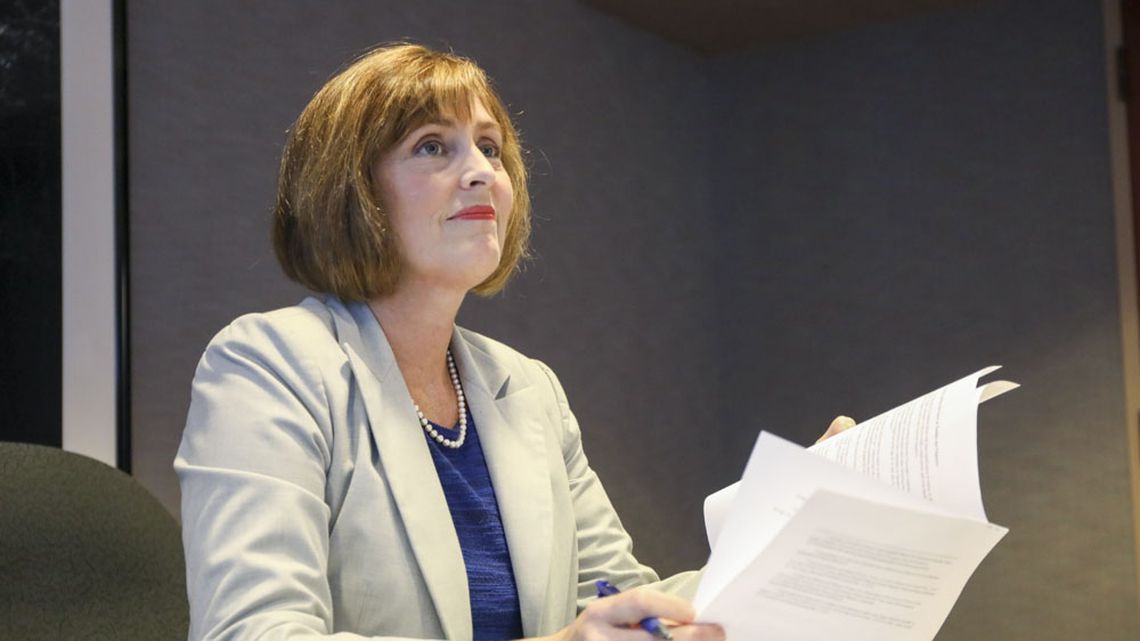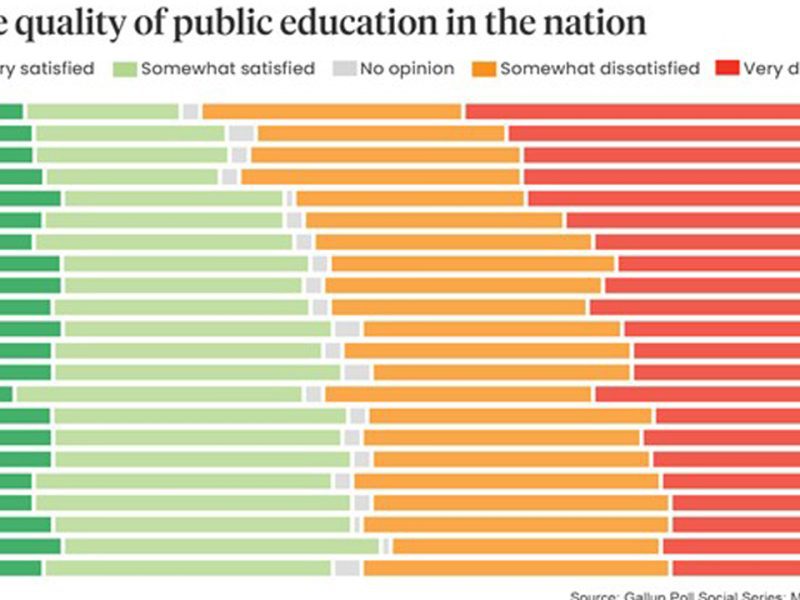
U.S. Rep. Kathy Castor pitches cuts, more oversight for charter schools
Charter supporters, pushing back, say the proposed legislation could put many schools at risk.
Tampa Bay Times | By Marlene Sokol | July 29, 2021
A Tampa Democrat’s effort to increase federal oversight of charter schools is meeting opposition from charter groups who say proposed legislation could make it difficult for the schools to get the goods and services their students need.
U.S. Rep. Kathy Castor introduced an amendment to the House of Representatives’ education appropriation bill that would slightly reduce the federal grant money available for charter schools, which are publicly funded but operate independently of government. It also would support oversight of these schools by agencies such as the General Accounting Office.
But wording in the bill, supported by Castor although not part of her amendment, would also block federal funds from being awarded to charter schools run by for-profit entities.
As she supports the bill, Castor also is showcasing the conflict between Florida’s Republican leadership and the Hillsborough County School Board which, in part, concerns the role of charter schools.
Speaking on the House floor this week, Castor recounted how state education commissioner Richard Corcoran threatened to cut off nearly $1 billion in taxpayer funding to the Hillsborough district after the School Board moved to close four charter schools. Two of the schools in question, Woodmont and SouthShore, are managed by the for-profit company Charter Schools USA.
“Florida, the third-largest state in the country, ranks 43rd in per pupil funding and it diverts an enormous amount of public money to for-profit charter schools that are not accountable and often fail to provide the full range of educational services required by law like those for special needs and disabled students,” Castor said in her speech.
Woodmont and SouthShore said the School Board’s initial decision was based on incorrect information, and they planned to fight the move through legal channels. Corcoran, for his part, said the district did not give the four schools enough notice before moving to close them down. Faced with Corcoran’s threat to withhold funding, the School Board relented and all four schools will remain open.
The Florida Consortium of Public Charter Schools this week called on its members to argue against the proposed restriction on for-profit businesses.
The group is concerned about wording in the bill that says: “None of the funds made available by this act or any other act may be awarded to a charter school that contracts with a for-profit entity to operate, oversee or manage the activities of the school.”
That language, the consortium argues, “could be interpreted to prevent charter schools from contracting with for-profit bus companies, for-profit food service providers” and other businesses important to ongoing school operations.
“It’s important,” said organization president Robert Haag, “that the 342,000 public school students attending charter school here in Florida are not denied federal funding due to an unintended language interpretation.”
The National Alliance for Public Charter Schools noted that all school systems, including government districts, contract with businesses to provide services that are not logically handled in-house.
And the passage about for-profit businesses drew a harsh response from Arizona Gov. Doug Ducey.
“This means that many of Arizona’s more than 230,000 public charter school students could be at risk of their school shutting down,” Ducey wrote in a letter to Arizona’s congressional delegation.
“It is unthinkable that support for public charter schools could be put at risk at all, much less as we are emerging from over a year’s worth of academic disruption brought on by the COVID-19 pandemic.”





